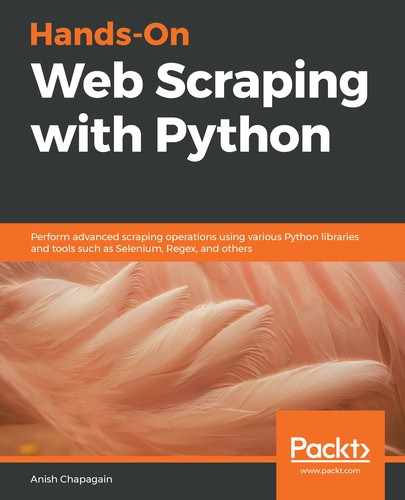Scraping is the process of extracting, copying, screening, or collecting data. Scraping or extracting data from the web (commonly known as websites or web pages, or internet-related resources) is normally termed web scraping.
Web scraping is a process of data extraction from the web that is suitable for certain requirements. Data collection and analysis, and its involvement in information and decision making, plus research-related activities, make the scraping process sensitive for all types of industry.
The popularity of the internet and its resources is causing information domains to evolve every day, which is also causing a growing demand for raw data. Data is the basic requirement in the fields of science, technology, and management. Collected or organized data is processed with varying degrees of logic to obtain information and gain further insights.
Web scraping provides the tools and techniques used to collect data from websites as appropriate for either personal or business-related needs, but with a number of legal considerations.
There are a number of legal factors to consider before performing scraping tasks. Most websites contain pages such as Privacy Policy, About Us, and Terms and Conditions, where legal terms, prohibited content policies, and general information are available. It's a developer's ethical duty to follow those policies before planning any crawling and scraping activities from websites.
